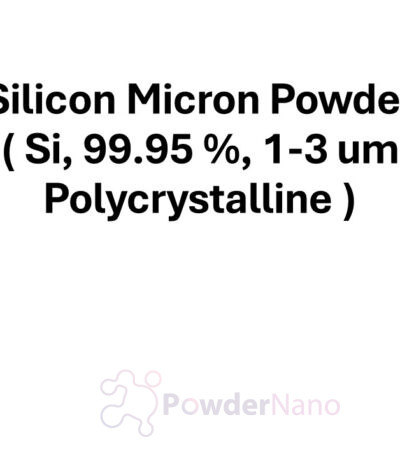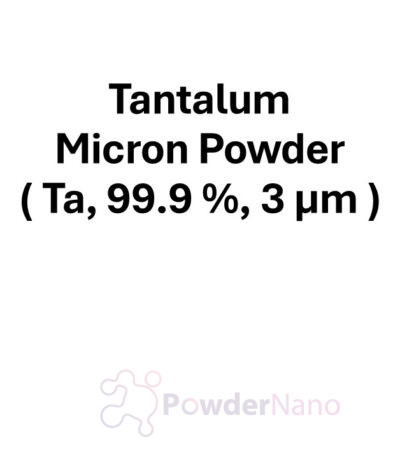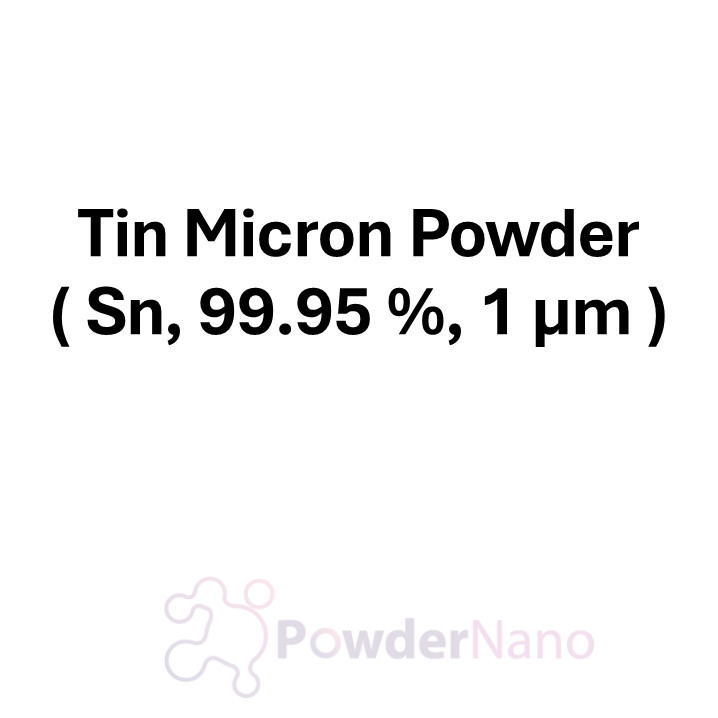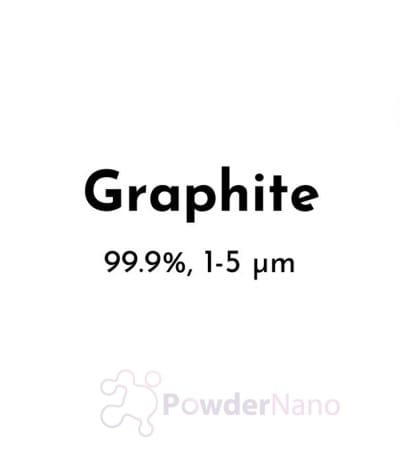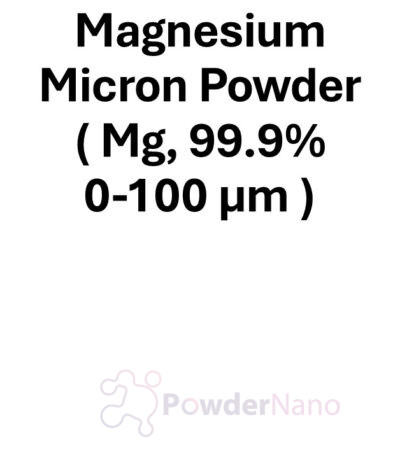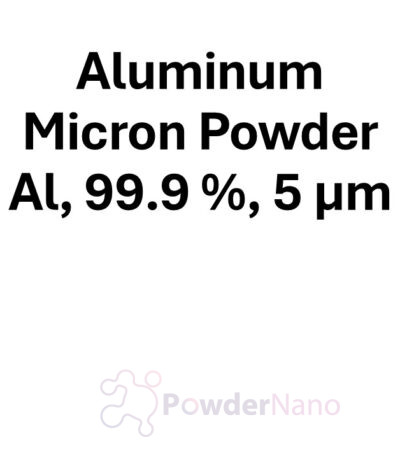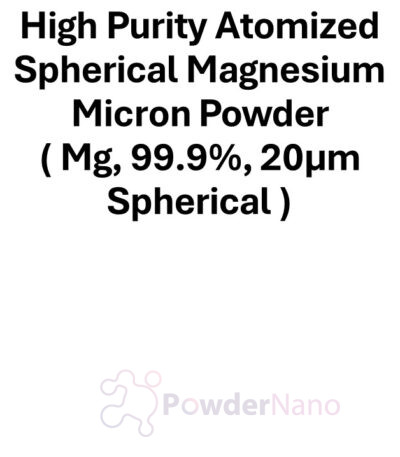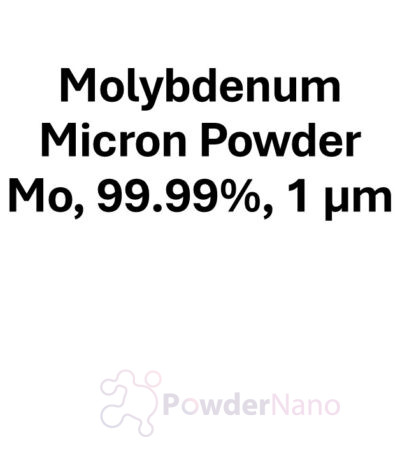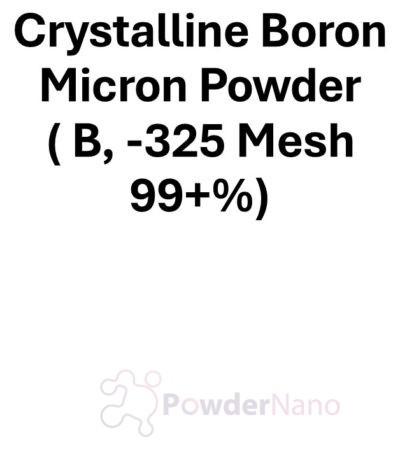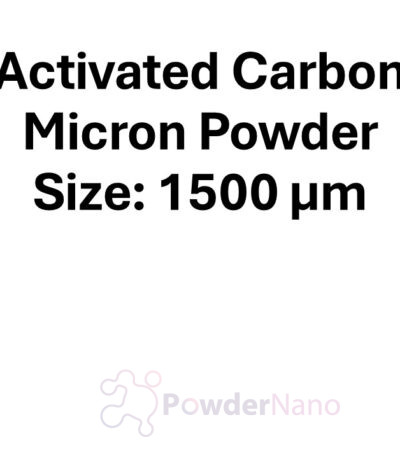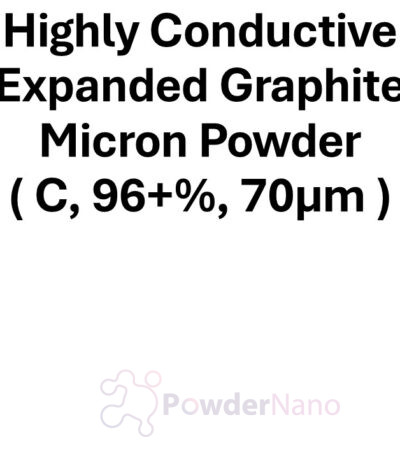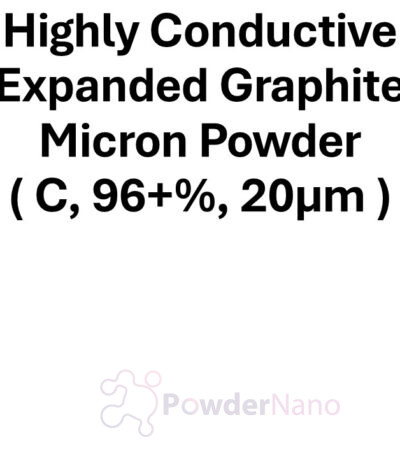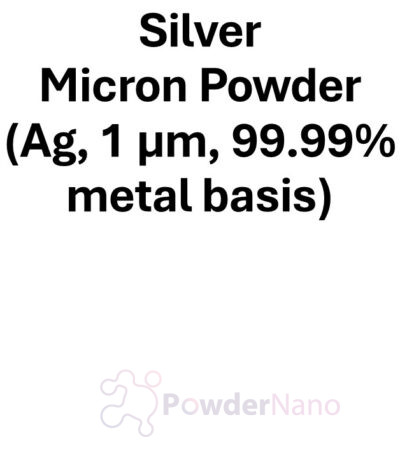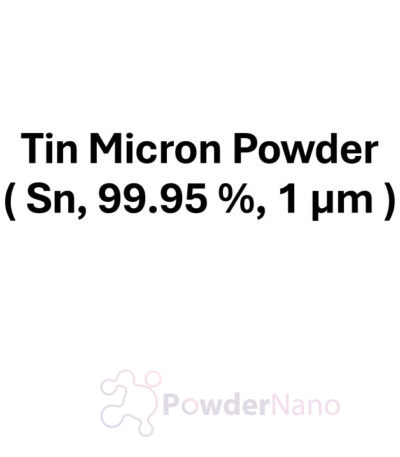Technical Description:
Tin Micron Powder (Sn, 99.95%, 1 µm) is a fine, high-purity powder composed of tin (Sn) with a purity level of 99.95%. The powder has an average particle size of 1 micrometer (µm), which offers a high surface area, making it highly reactive and suitable for precision applications. This fine, ultra-pure tin powder is ideal for use in industries that require superior material properties and consistency.
- Chemical Composition:
- Tin (Sn) content: 99.95%, indicating high purity with minimal contamination. This level of purity is crucial for sensitive applications where impurities could significantly affect material performance, such as in electronics and aerospace.
- Particle Size:
- The powder has an average particle size of 1 µm, which is fine enough to offer a large surface area, enhancing reactivity and ensuring precise material handling. The fine size also contributes to excellent packing density and uniformity, which is important for various manufacturing processes.
- Shape:
- The powder is typically irregular in shape, as is common with micron-sized powders. The particle shape may vary slightly depending on the production method, but this does not affect its versatility in most applications.
- Purity:
- The 99.95% purity ensures minimal levels of other metals or contaminants, which is important for achieving consistent results in high-performance and precise applications.
Applications:
- Electronics and Electrical Components:
- Tin powder is widely used in the electronics industry, especially in the production of soldering materials. The fine, high-purity tin powder is essential for producing solder paste used to join electronic components in circuit boards. The powder’s uniformity and high surface area contribute to strong, reliable solder joints with low resistance and high conductivity.
- Powder Metallurgy:
- Tin powder is used in powder metallurgy to manufacture sintered components, including gears, bearings, and other precision parts. The fine 1 µm tin powder contributes to high-density sintered parts with improved strength, hardness, and wear resistance. These parts are commonly used in automotive, aerospace, and industrial machinery.
- Coatings and Plating:
- Tin plating is commonly used to improve corrosion resistance, especially in electrical components and electronic devices. Tin powder is used in electroplating processes to create thin, uniform coatings on various metals, protecting them from corrosion, wear, and oxidation, particularly in marine and automotive environments.
- Battery Technology:
- Tin is used as a component in the production of battery anodes, especially in lithium-ion batteries. Tin-based materials can offer higher energy densities and longer cycle life compared to traditional graphite anodes. The fine powder is used to form silicon-tin composite anodes, enhancing the performance of rechargeable batteries for applications in electric vehicles and energy storage systems.
- Alloy Production:
- Tin is an important alloying element, and tin powder is used to produce tin-based alloys such as bronze, solders, and pewter. These alloys are used in a wide variety of applications, including jewelry, musical instruments, automotive components, and construction materials due to their strength, corrosion resistance, and ductility.
- Catalysts and Chemical Reactions:
- Tin powder is used as a catalyst or a catalyst support in certain chemical reactions, such as in hydrogenation and petroleum refining processes. Its high purity ensures efficiency in promoting reactions, making it valuable in the production of chemicals, plastics, and fuels.
- Thermal Management:
- Due to its thermal conductivity, tin powder is used in thermal interface materials (TIMs) that help dissipate heat in electronics and power devices. The fine powder is added to thermal pastes and greases to improve heat transfer between components and heat sinks.
- Microelectronics:
- Tin powder is used in the microelectronics industry to create micro-sized components that require excellent conductivity and mechanical properties. This powder is also used in the creation of microelectromechanical systems (MEMS), sensors, and other precision instruments where high-performance tin-based components are required.
- Manufacturing of Tin Oxide:
- Tin powder is used in the production of tin oxide (SnO2), a compound with applications in catalysts, ceramics, electronics, and transparent conductive coatings. Tin oxide is used in the production of gas sensors, electrodes, and solar cells, where its conductive and optical properties are beneficial.
- Plastics and Polymers:
- Tin-based stabilizers are used in the production of plastics and polymers, especially in PVC (polyvinyl chloride). These stabilizers prevent degradation and enhance the stability of plastics during processing. Tin powder is a key ingredient in making these stabilizers.
- Pyrotechnics:
- Tin powder is used in pyrotechnic formulations to produce flash effects and bright displays in fireworks and flares. The fine powder provides efficient combustion, producing the bright light often associated with pyrotechnic reactions.
- Welding and Soldering Alloys:
- Tin powder is used in the production of welding alloys and soldering materials, especially those used in joining delicate parts in the electronics industry. The fine powder helps form alloys with excellent mechanical properties, making them ideal for creating strong, heat-resistant joints.
Summary of Benefits:
- High Purity: The 99.95% purity ensures minimal contamination, making it suitable for high-performance applications in electronics, soldering, and precision manufacturing.
- Fine Particle Size (1 µm): The 1 µm particle size provides a high surface area, which is advantageous for applications requiring fast reactions or uniformity in sintering, coatings, and soldering processes.
- Versatile Applications: The powder is used in a wide range of industries, including electronics, automotive, aerospace, battery technology, coatings, and catalysis.
- Improved Performance: The fine particle size and high purity of tin powder enhance performance in various applications, ensuring efficient electrical conductivity, corrosion resistance, and wear resistance.
In conclusion, Tin Micron Powder (99.95%, 1 µm) is a high-performance material with broad applications across industries that demand precision and reliability. Its fine particle size, high purity, and versatility make it ideal for use in electronics, battery manufacturing, coatings, alloy production, and many other high-tech sectors. The powder’s consistent quality ensures its suitability for demanding applications requiring excellent mechanical, electrical, and thermal properties.
